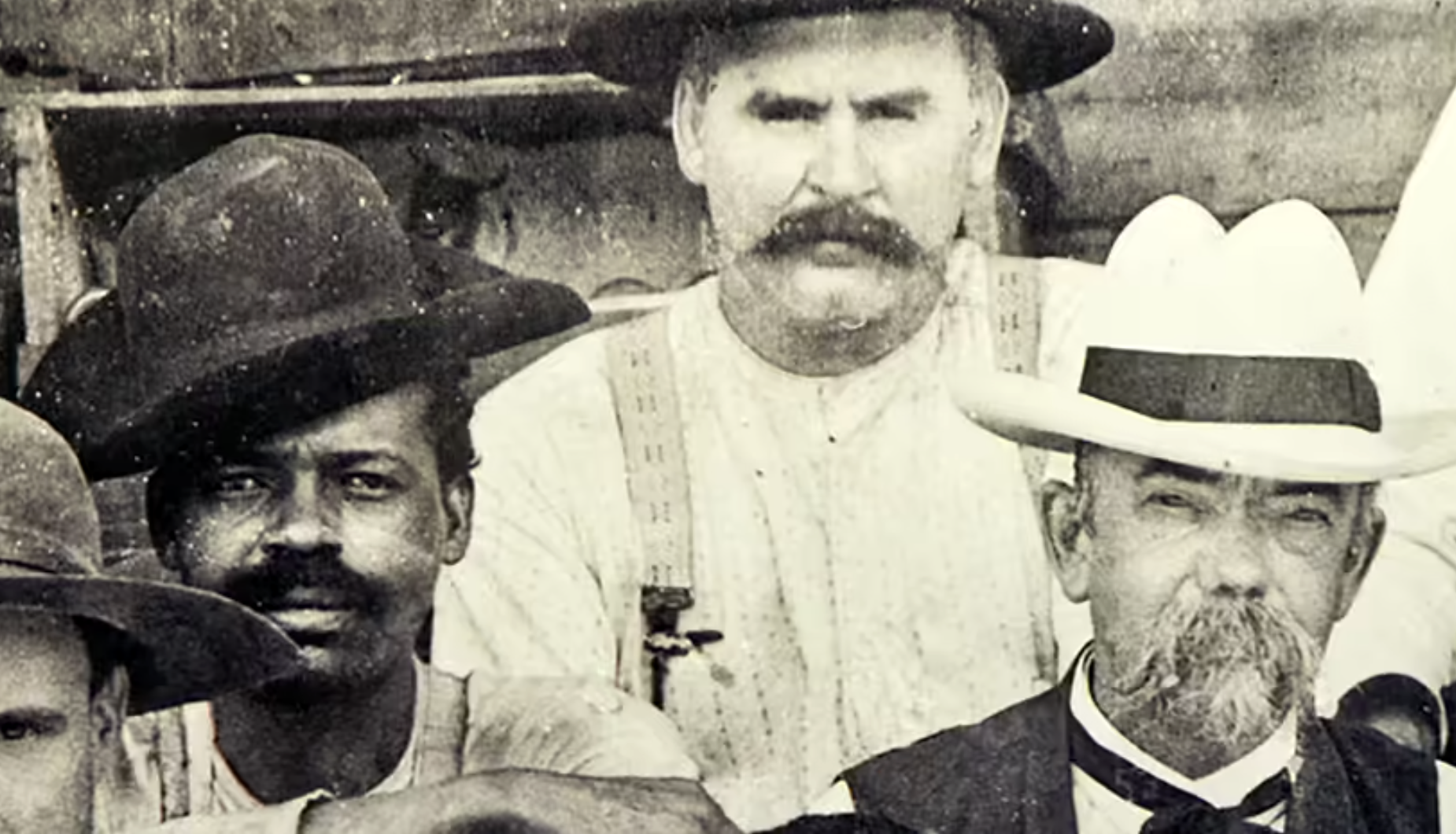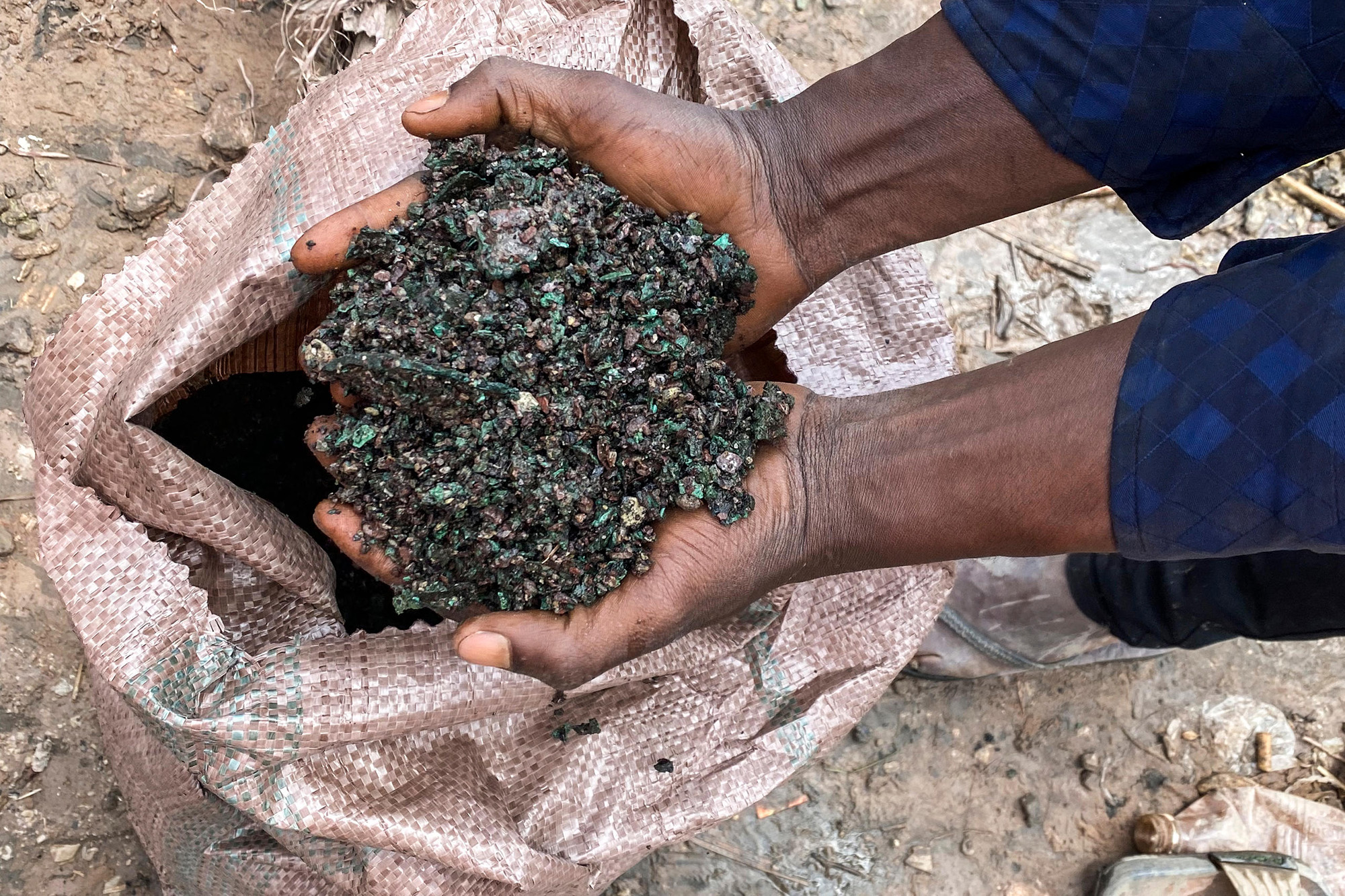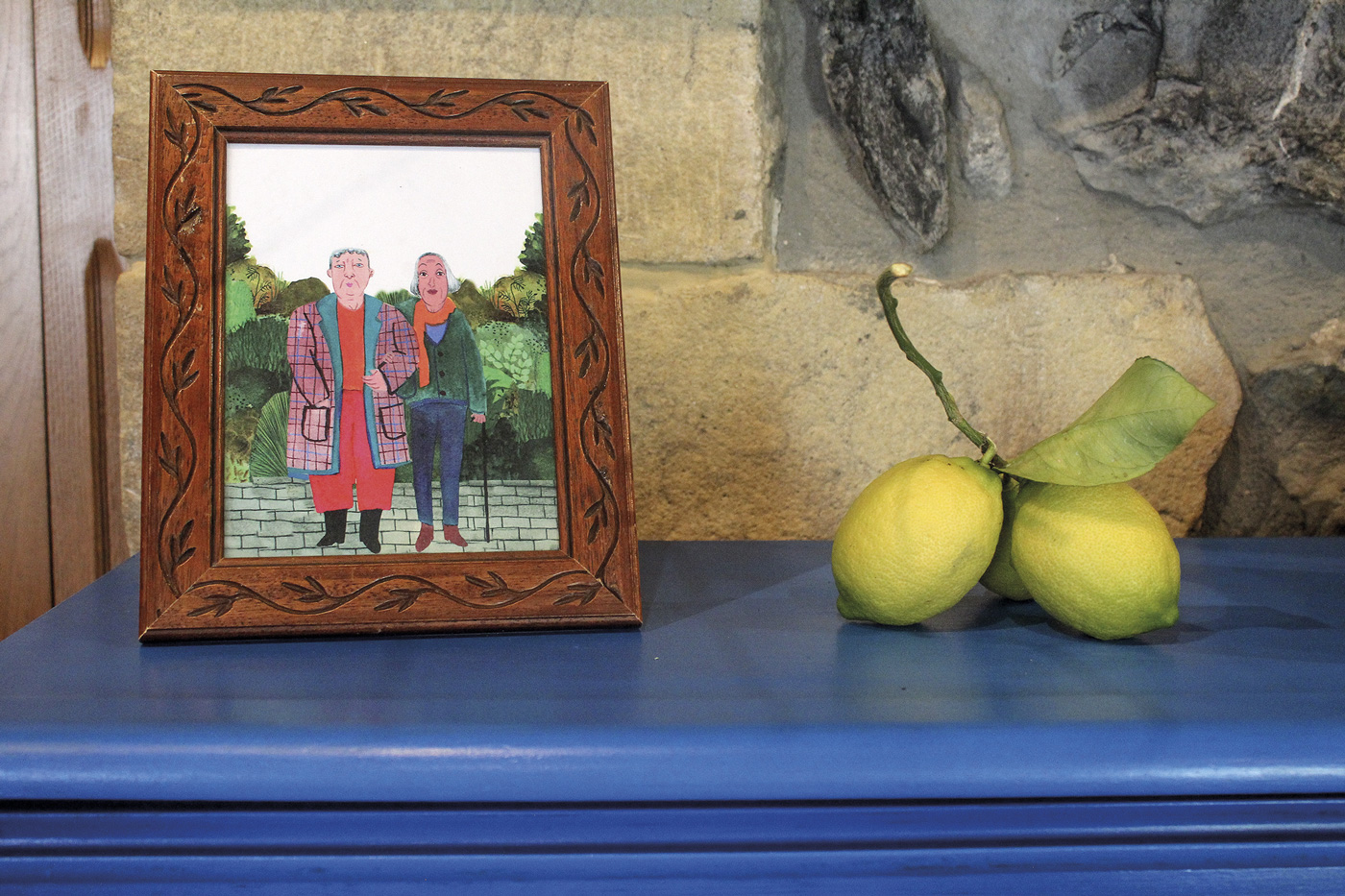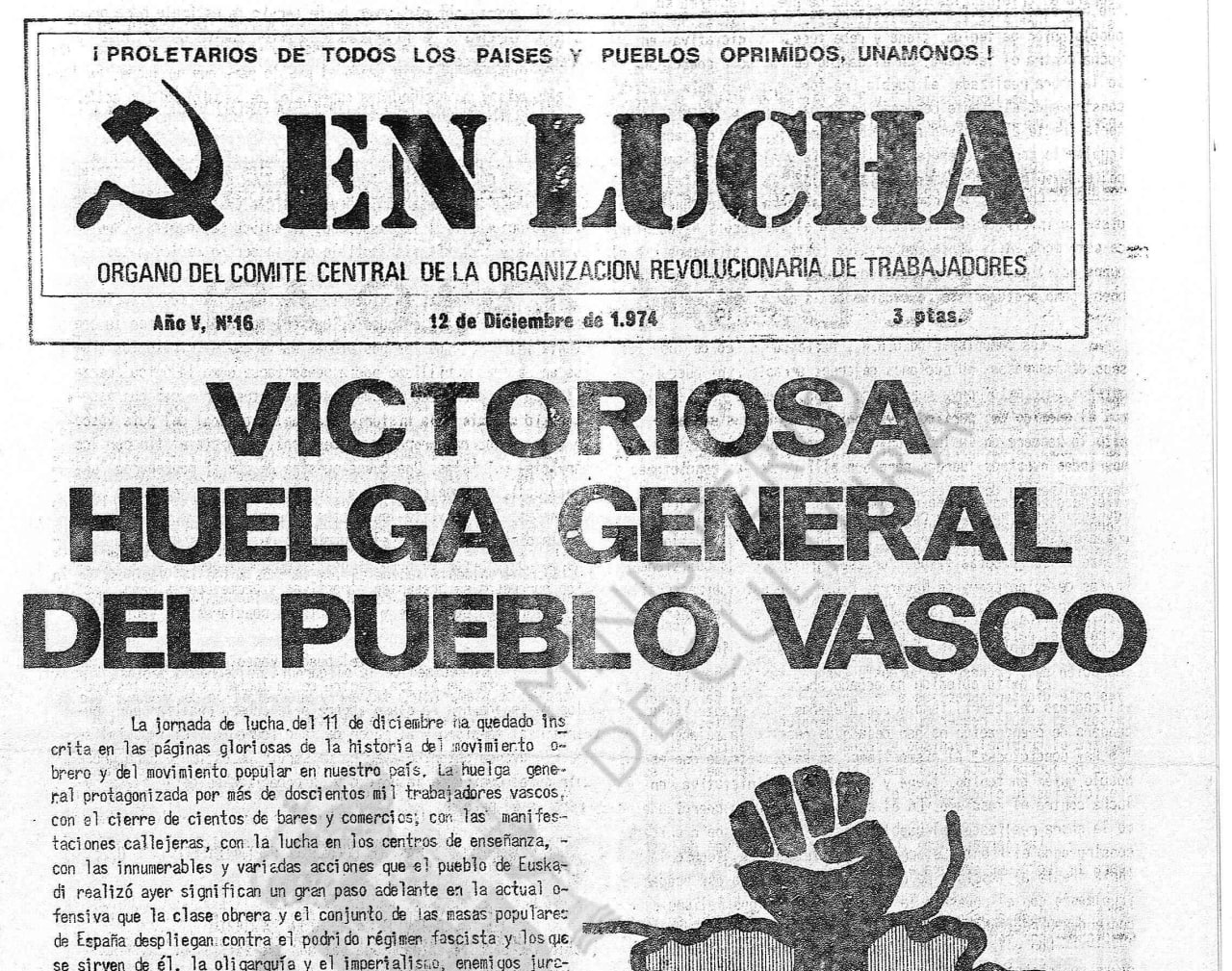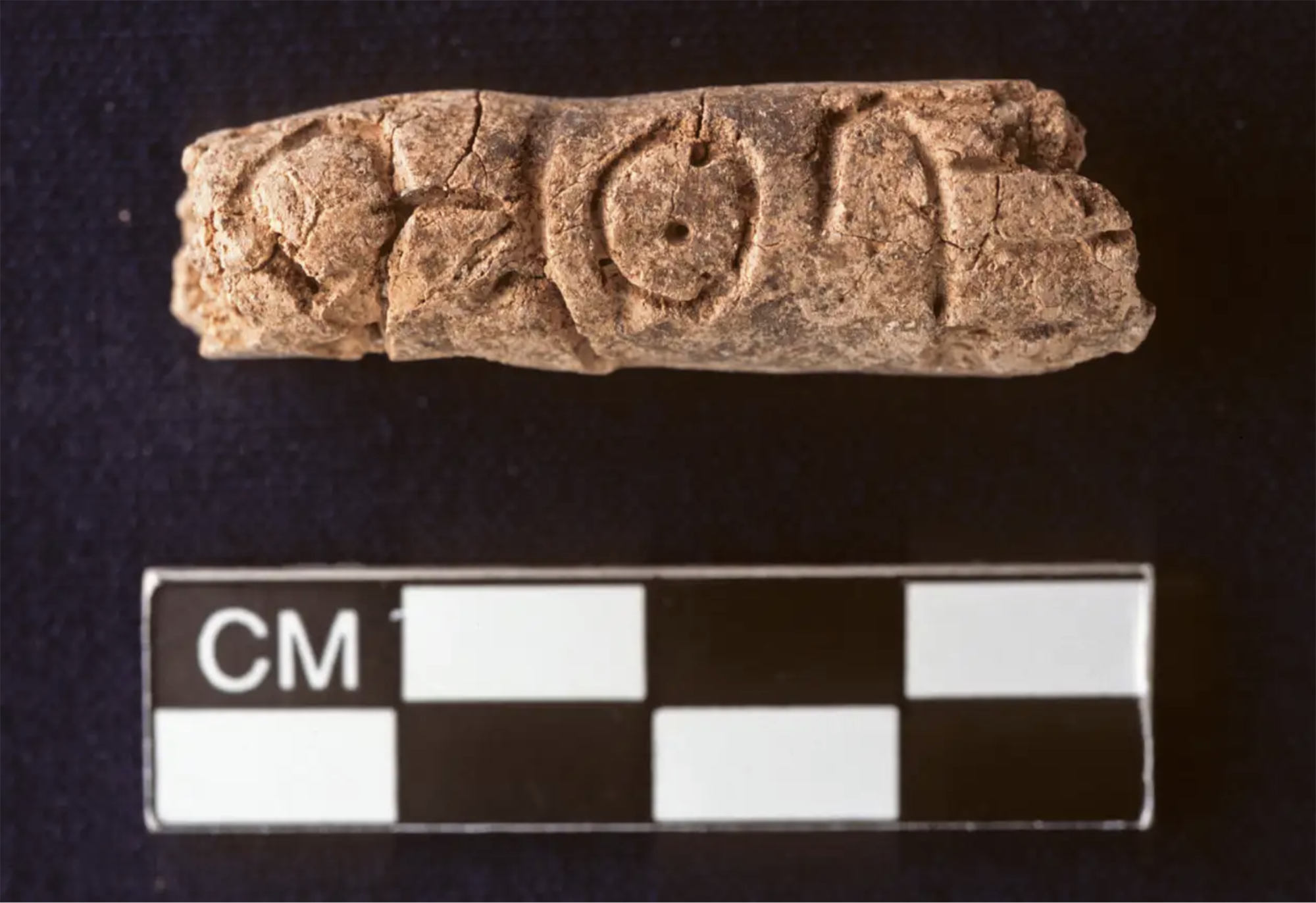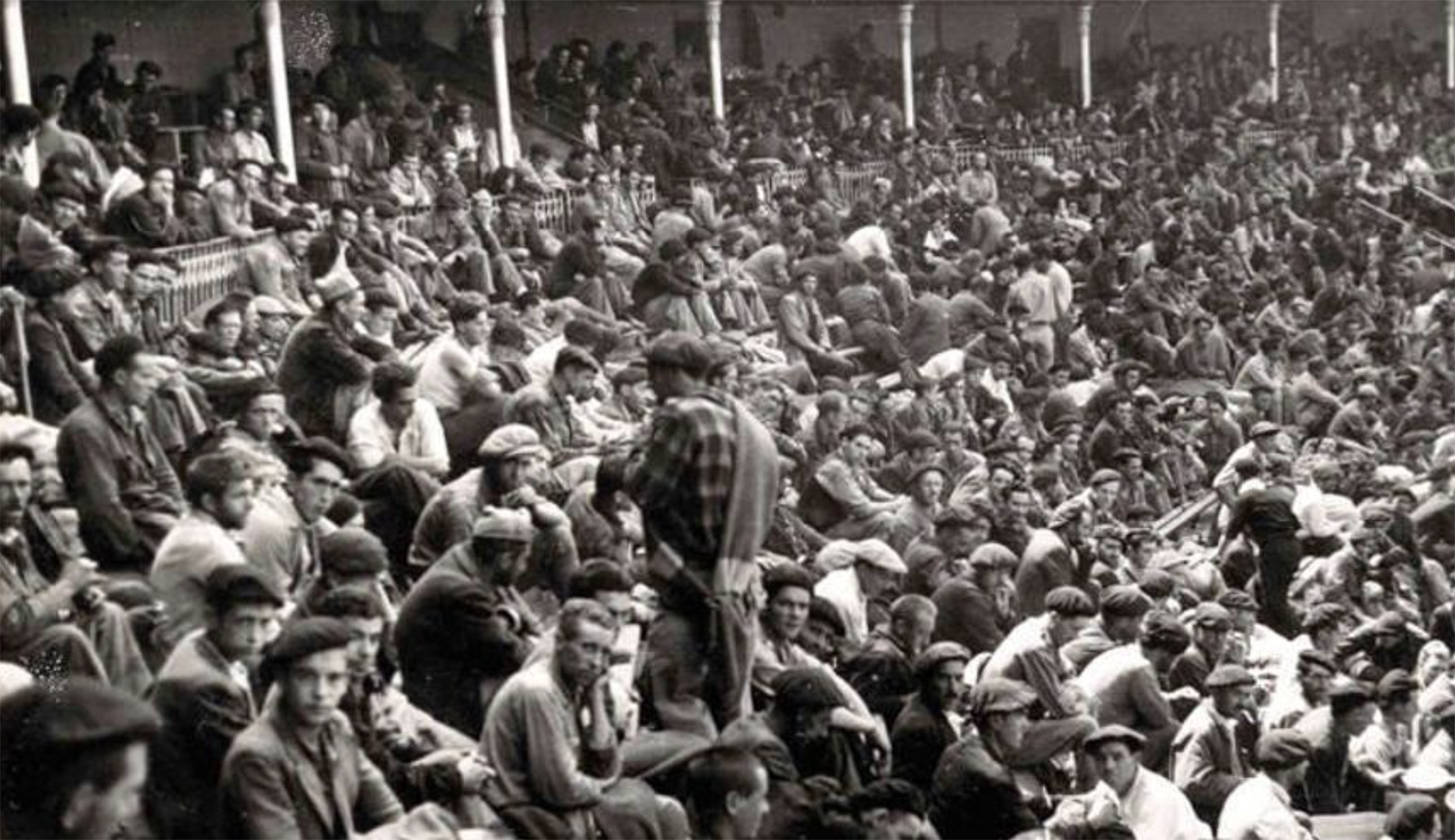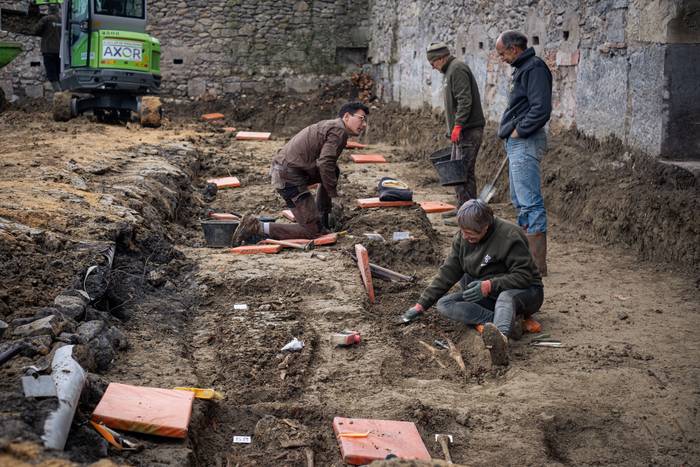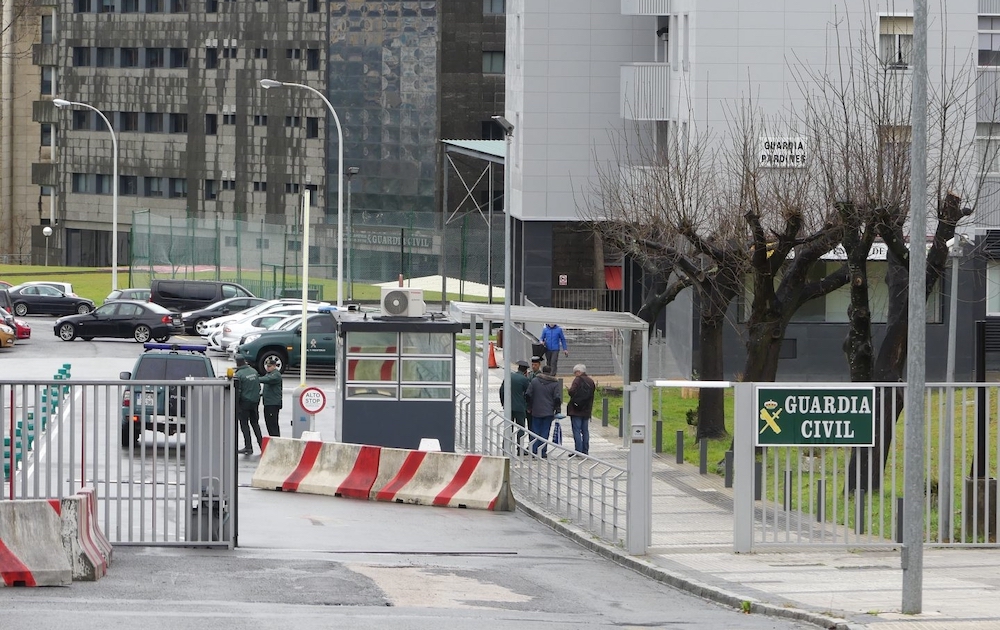Turn on the recorder, discover the past

As our profession has been accused of ideologizing and being subjective, historians have a special obsession with maintaining objectivity and scientific rigor. Consequently, in the past, there was also prejudice among historians about sources of life. Human memory is not perfect. In remembering the past, there may be intentional or involuntary errors, forgetfulness and loopholes. Therefore, it was not considered appropriate to conduct interviews with the protagonists of historical facts and witnesses. Compared to other social sciences (sociology, anthropology, psychology, linguistics, political sciences…), oral sources were introduced late in history.
Things started to change in the 1960s and 1970s. Through social history, testimonies of oppressed people and silenced sectors began to be collected, seeking the vote of subjects who did not appear in the written documents or in the classical forms of making history. From the beginning, oral sources acquired a committed and militant connotation. First came the labor movement, then the feminist movement and the historical memory of the wars and dictatorships of the 20th century. As a result, oral sources led to the democratization of history. However, starting in the 1980s, coinciding with the cultural return, oral sources began to be used to address other themes of history: everyday life, gender, beliefs, thought and customs, for example.
Acting with oral sources is one of the most enriching parts of my work. In the case of those who suffered repression, harassment, secrecy or violence, it is a way to make the recognition
We must not forget, however, that human memory is not merely a store of the past. It is completely changing and therefore need a rigorous methodology: first, it is necessary to identify the gaps, distortions and interests that may exist behind a judicial testimony, then to judge the veracity of that testimony and to contrast it with other sources (oral or written). The aim is to extract verifiable data.
As we have said, the oral sources are special. Unlike other sources, the researcher actively participates in the process of creating the source: he/she should seek and select the informants and prepare the questions. Depending on the informants you choose or the questions you ask, the result of the research may be completely different. In addition, you can analyze not only what you count, but how you count and remember.
Speaking with oral sources is a pleasure, one of the most enriching parts of my work. Especially when we return to the informants the fruit of their work: publishing the results of the investigations, exposing them in the press or performing acts of memory. They see that their testimony was truly worth it and that they contributed to history. In the case of those who suffered repression, harassment, secrecy or violence, it is a form of recognition.
Tennessee (United States), 1820. The slave Nathan Green is born, known as Nearest Uncle or Nearest Uncle. We do not know exactly when he was born and, in general, we have very little data about him until 1863, when he achieved emancipation. We know that in the late 1850s Dan... [+]
The Centre Tricontinental has described the historical resistance of the Congolese in the dossier The Congolese Fight for Their Own Wealth (the Congolese people struggle for their wealth) (July 2024, No. 77). During the colonialism, the panic among the peasants by the Force... [+]
New York, 1960. At a UN meeting, Nigeria’s Foreign Minister and UN ambassador Jaja Wachucu slept. Nigeria had just achieved independence on 1 October. Therefore, Wachuku became the first UN representative in Nigeria and had just taken office.
In contradiction to the... [+]
Today, 50 years ago, the labor movement of the Basque Country wrote a very important chapter in its history. In Hegoalde, some 200,000 workers went on a general strike in protest against the Franco regime, which lasted two months. This mobilization made it clear that the... [+]
Researchers at Johns Hopkins University have discovered several cylinders with inscriptions at the present Syrian Reservoir, the Tell Umm-el Marra. Experts believe that the signs written in these pieces of clay can be alphabetical.
In the 15th century a. The cylinders have... [+]
Pamplona, 1939. At the beginning of the year, the bullring in the city was used as a concentration camp by the Francoists. It was officially capable of 3,000 prisoners of war, at a time when there was no front in Navarre, so those locked up there should be regarded as prisoners... [+]








